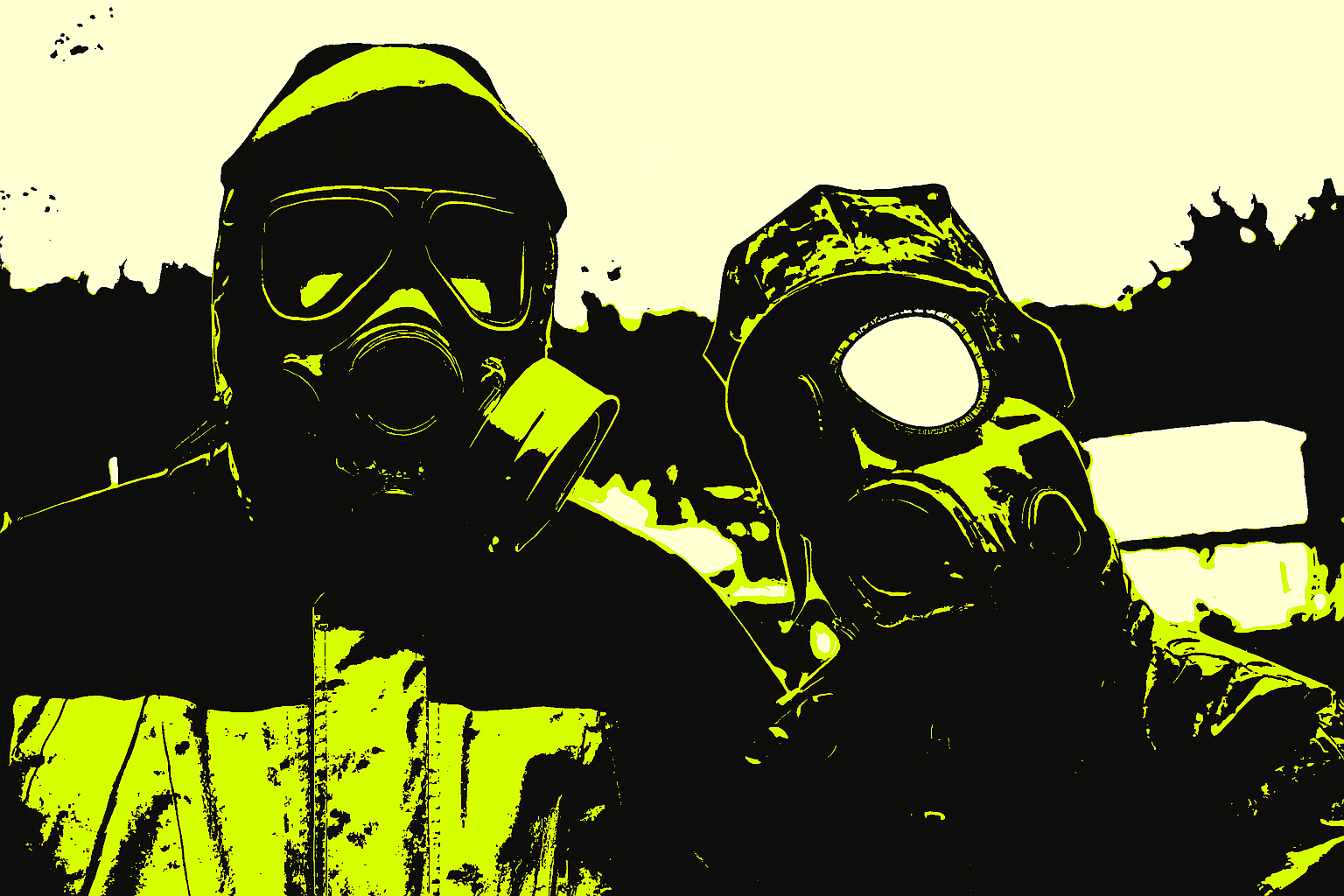Digital privacy isn’t one size fits all. This guide breaks down the difference between paranoia and preparedness so you can build realistic operational security without going off the deep end. Learn how to evaluate your threat model, strengthen your defenses, and practice privacy that fits your actual risks, not your fears.
There’s a fine line between being cautious and going full McAfee. The problem is, the world keeps moving that line. What used to be “paranoid” now reads like common sense. Covering your webcam? Routine. Running a deGoogled phone? Sensible. Using encrypted chat? Basic hygiene.
So where’s the actual line?
Start with the Stakes
Paranoia is fear without a clear threat. Preparedness is action with context.
If you’re a journalist, whistleblower, activist, or dissident your threat model is real. Full compartmentalization, burner phones, and no digital trail might be necessary.
If you’re just trying to avoid creepy ad targeting and routine surveillance? You don’t need to live in a cave, but you do need to stop broadcasting your life like it’s free cable.
Different risks, different responses.
Signs You’ve Crossed Into Paranoia
- You’ve built an EMP proof faraday cage around your router
- You refuse to speak near any powered device, including your toaster
- You carry five phones, none of which have SIM cards or have a battery.
- You trust no encryption because “they’ve already cracked it”
- You assume every bird is a drone
If your privacy stack starts looking like a doomsday bunker, take a breath. Overkill is easy when you’ve been burned or read too much. Take a deep breath and go touch grass.
On the other hand…
Signs You’re Not Prepared
- Your main password is your dog’s name
- You don’t know who has access to your cloud photos
- You let your phone auto connect to public WiFi
- You’ve never checked app permissions
- You say, “I have nothing to hide,” with a straight face
This isn’t about fear. It’s about not leaving the front door wide open. Maybe start with removing your home address from your Facebook profile.
Practical Preparedness
Here’s what reasonable looks like for most people:
- Use strong, unique passwords. Get a password manager.
- Enable 2FA. Prefer authenticator apps over SMS.
- Encrypt your messages. Use Signal or Session.
- DeGoogle your phone (or at least minimize tracking).
- Don’t overshare. Especially location or daily routines.
- Run updates. Boring, but critical.
None of this makes you invisible. It just makes you harder to profile and less juicy to target. For a deeper dive into building your personal threat model, read Threat Modeling and OPSEC: A Practical Guide for Real Humans
Final Thought
Preparedness is measured. Paranoia is reactive.
The line isn’t fixed, it shifts with your situation. But if you’re asking the question, you’re probably closer to grounded than extreme. Better to be a little weird now than wish you had been later.
Now you will have to excuse me. My weekly truckload of tinfoil just showed up.
-GHOST
Written by GHOST, creator of the Untraceable Digital Dissident project.
This is part of the Untraceable Digital Dissident series — tactical privacy for creators and rebels.
Explore more privacy tactics at untraceabledigitaldissident.com.
Additional Resources:
Content
- Hash: 3701ad9fe5f20e41ad7761872a5618322c83da2893dc88dca3b0a53be74d24af Paranoia-vs.-Preparedness
- Timestamp: npub1gxsss485j5yvwe7yffp48ddxr7qhshmzl9f8fvzrphltaj5zqaps8xkyrv (nostr:nevent1qvzqqqqqqypzqsdppp20f9ggcanugjjr2w66v8up0p0k972jwjcyxr07hm9gyp6rqyt8wumn8ghj7un9d3shjtnddaehgu3wwp6kytcpzdmhxue69uhk7enxvd5xz6tw9ec82c30qythwumn8ghj7un9d3shjtnswf5k6ctv9ehx2ap0qqsp2ws65gkz2djqsx8wpc6l7l3382xhkwk8lvpsv0tr08fu4gzenqcm5vwyc)
